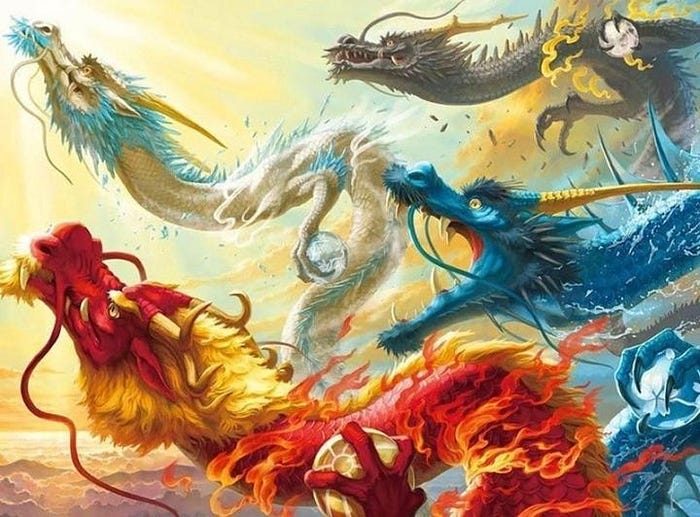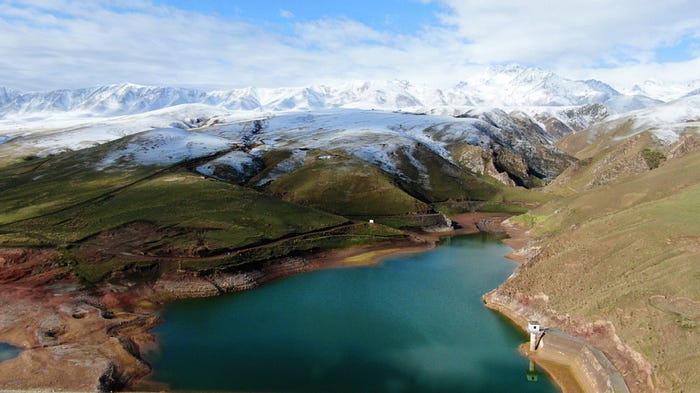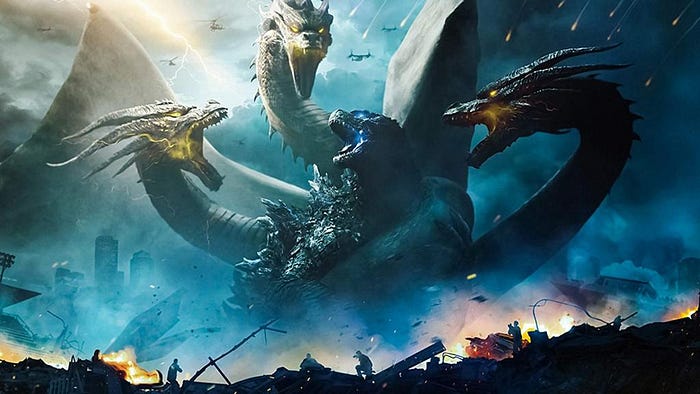
Ao Run spreads his wings
taking flight on autumn’s breeze
a journey West
he cries out to see
and become King of West Sea
Love of East Asia and World Mythology
I’ve always held a fascination for ancient mythologies. They are the dawn of the coalescence between art, religion, and storytelling. We recognise the beginnings of culture take root. Each story encompasses a tale of morality or abstracts the quandaries ancient people wrestled.
We tie the very nature of mythology to the identity of our civilisation, such is the case with the history of the Chinese and their mythologisation of dragons.
They are fables to disseminate and pass down to your children, and their children’s children. And for us, in the here & now; they offer a wonderful insight into the past.
It’s easy to think of all the stories that are forgotten owing to the — sometimes — violent sands of time and lament their loss. But we’re blessed with various mythologies readable thousands of years later. All thanks to the tireless endeavors of archaeologists, academia, and the internet.
A Word on Ao Run: The White Dragon King & Chinese Mythology
The White Dragon (白龍 Báilóng) is the Dragon God of the West and the essence of autumn. He has other names including Ao Jun (敖君) or Ao Ji (敖吉) and is the patron of Qinghai Lake — China’s largest inland saltwater lake set in NW Qinghai Province.

Ao Run’s journey to becoming a king came with a snag. ‘The King of Dragons’ had separated the four young dragons after their mischievousness had become too much for him to bear. So while the other three became kings of their respective seas, The King of Dragons wanted to keep Ao Run — the youngest prince — close to him. Though Ao Run declared:
“I will be the King of the West Sea!”
Ao Run’s father, perhaps full of pride for his youngest, thus dispatched him westward.
Poem note: I use the phrase ‘spreads his wings’ in the first line of the tanka. An idiom for a character trying out new experiences or skills. Much like a bird learning to fly. In Chinese mythology, dragons are wingless and fly because of their mystical nature.

Alas, after arriving at the foot of Qilian Mountain and finding no sea, Ao Run weeps and wonders how can he rule without a kingdom. He climbs the mountain and musters all of his might to summon a storm.
It isn’t enough, but it’s at this point ‘The Jade Emperor’ sees his endeavors and takes pity on Ao Run. The Emperor sends Leigong, Fengbo, and Dianmu to help. Gods and Goddess of thunder, wind, and lightning. Once there, they concoct a storm large enough to create Qinghai Lake. A king now has a domain.
Modern Interpretations
So what lesson can we learn here? We see a familiar theme of a young, headstrong child wanting to come-of-age, perhaps too early, but also a father willing to recognise his child’s want and allow him to go on a journey of growth. Though, as with many things in life, the path to enlightenment is full of thorns. The emperor plays the role of a benevolent monarch; sending aid once he realises that Ao Run is struggling. There’s the vast display of respect shown for nature’s power and how it shapes the land we inhabit. It can give or take life and we are at its mercy.
Final Thoughts
A story holds many interpretations as experienced over thousands of years. Even viewing mythology through a contemporary lens can offer fresh insight. Though remembering how they were first viewed gives us a wonderful place to jump off. It’s that fusion of old & new views that will inspire the mythology of tomorrow.

Do you have a favourite story from Chinese mythology or any other mythology? Comment below.
